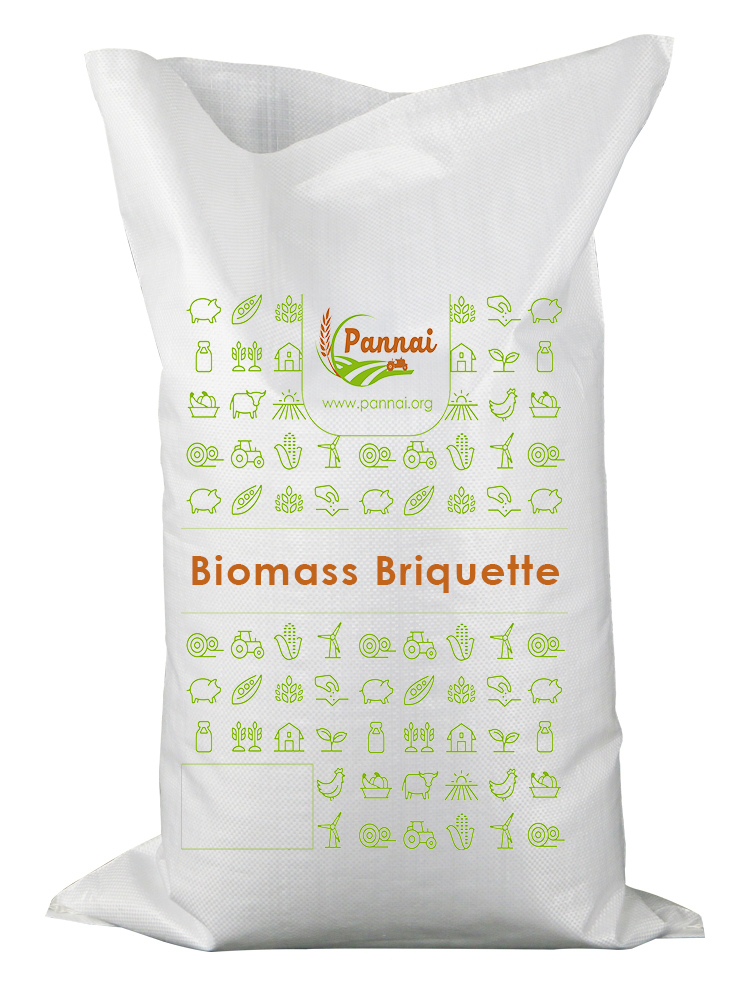

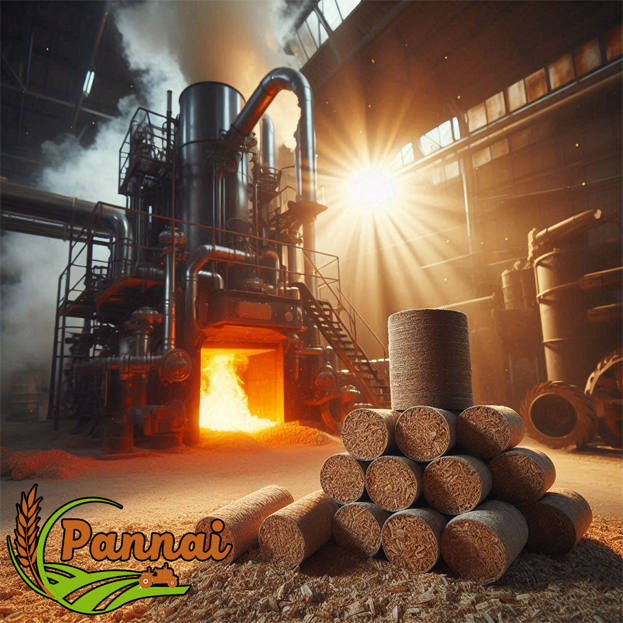



Biomass Briquettes
-
Rs418.95
-
Rs313.95
-
Rs313.95
-
Rs313.95
-
Rs313.95
Reviews & Ratings
In an era where environmental sustainability is more crucial than ever, finding alternatives to traditional fuels like firewood and coal is essential. Biomass briquettes offer a promising solution, providing an eco-friendly, cost-effective, and efficient source of energy for various applications, including boilers and drying chambers. This article explores the advantages of biomass briquettes, their applications, and the potential they hold for a greener future.
What are Biomass Briquettes?
Biomass briquettes are a type of renewable fuel made from organic materials such as agricultural waste, sawdust, and wood chips. These materials are compressed into briquettes through a process that involves high pressure and, in some cases, the addition of binding agents. The result is a dense, uniform fuel source that burns efficiently and produces minimal ash.
Advantages of Biomass Briquettes
Environmental Benefits
Reduction in deforestation and conservation of forests.
Lower greenhouse gas emissions compared to coal and firewood.
Utilization of agricultural and industrial waste.
Economic Benefits
Cost-effectiveness compared to traditional fuels.
Job creation in rural and urban areas through briquette production.
Performance Benefits
Higher calorific value and longer burning time.
Uniformity in size and moisture content, leading to efficient burning.
Less ash production and easier handling.
Application in Boilers
Explanation of how biomass briquettes can be used in industrial and domestic boilers.
Comparison of performance and efficiency with firewood and coal.
Case studies or examples of industries successfully using biomass briquettes.
Application in Drying Chambers
Role of biomass briquettes in drying processes (e.g., agricultural products, food processing).
Advantages over traditional fuels in terms of heat control and drying efficiency.
Examples of successful implementation in drying chambers.
Related products
5KG Hexagonal Charcoal Briquette
-
Rs418.95
-
Rs313.95
-
Rs313.95
-
Rs313.95
-
Rs313.95
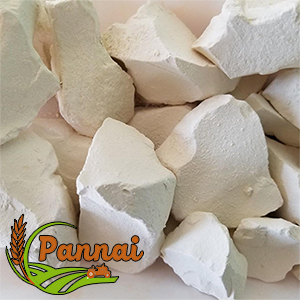
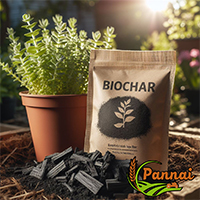


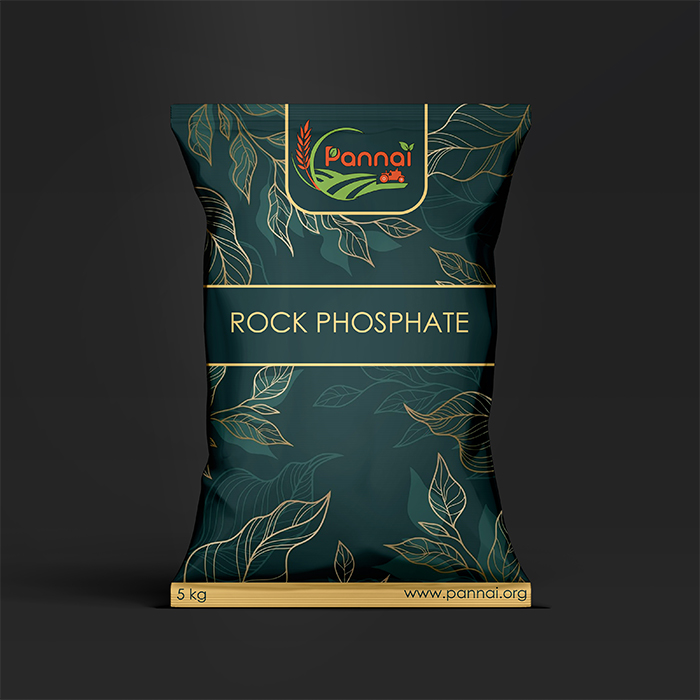


 Sign in with Google
Sign in with Google

